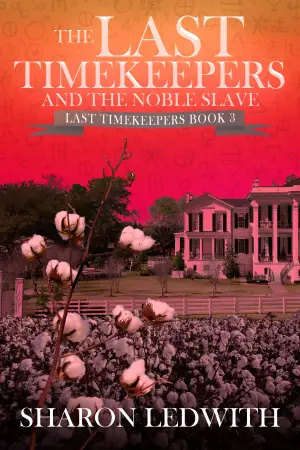A Journey to the Stars and Back: A Review of Old Man’s War
When I first picked up Old Man’s War by John Scalzi, I was drawn to its intriguing premise. The idea of a 75-year-old man joining the military on his birthday, specifically to fight in interstellar wars, struck me as both whimsical and profound. It echoed the concept of time and worth, exploring what it truly means to grow old in a world that constantly seeks the “young and strong.” Little did I know that this entry into the sci-fi realm would not only captivate me but would also leave me pondering what it means to live fully at any age.
The story follows John Perry, who leaves Earth to join the Colonial Defense Force, trading the comforts of his elderly life for the brutal realities of a galactic war. What I found refreshing was Scalzi’s ability to tackle complex themes such as aging, mortality, and the essence of humanity within the backdrop of action-packed sci-fi. Perry’s journey is a blend of adventure and self-discovery, forcing him to confront his past, assess his values, and adapt to an alien and sometimes harsh reality.
Scalzi’s writing style effortlessly draws the reader in. His keen sense of humor brightens intense scenes, turning moments of terror into opportunities for levity. The pacing is remarkably well-balanced; the narrative flows so smoothly that I often found myself reading late into the night, simply unable to put the book down. You’d be surprisingly engrossed in discussions about moral dilemmas and the nature of warfare, interspersed with thrilling battles against alien species.
One of my favorite moments comes when Perry reflects on the harshness of his new existence, pondering, "You can’t let a little thing like dying stop you." This line resonated deeply with me, encapsulating the spirit of resilience and courage that permeates the novel. It’s a reminder that even as we face upheaval or loss, our capacity to adapt and thrive can propel us forward in unimaginable ways.
Old Man’s War isn’t just for seasoned sci-fi enthusiasts; it’s accessible to those new to the genre as well. Its themes of courage, the quest for belonging, and the inevitable confrontation with one’s own mortality mingle seamlessly to create a narrative that transcends simple interstellar battles. Those who enjoy character-driven stories with bursts of action and philosophical underpinnings will find a great deal to appreciate here.
In conclusion, reading Old Man’s War was more than just an entertaining escape; it was a poignant reminder that our worth is not determined by age but by our willingness to engage with the world, regardless of its challenges. Scalzi’s novel is a testament to human tenacity, and I wholeheartedly recommend it to anyone searching for a thought-provoking and engaging read. Whether you’re an avid fan of science fiction or just dipping your toes into the genre, this book promises to expand your horizons and perhaps even provoke some deep personal reflections.






